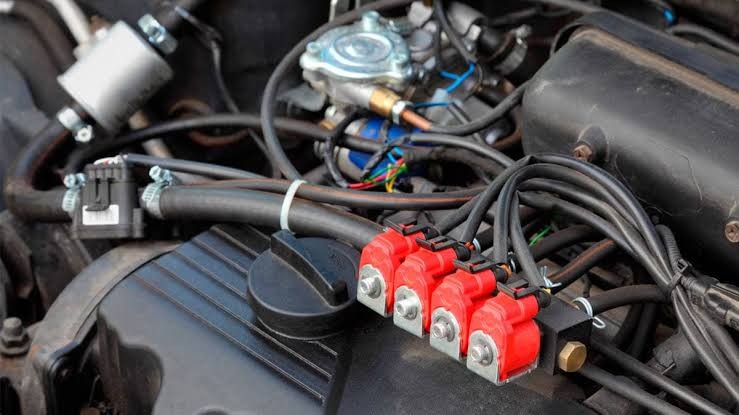Considering converting your petrol car to LPG? Discover the benefits, step-by-step process, and key considerations for a successful conversion. Improve fuel efficiency and reduce emissions today.
Converting a petrol car to LPG (liquefied petroleum gas) is an option gaining popularity among car owners. This article explores the benefits, step-by-step process, and essential considerations for a successful LPG conversion. By making the switch, you can enhance fuel efficiency, reduce emissions, and potentially save on fuel costs.
Benefits of LPG Conversion:
- Cost savings: LPG is generally cheaper than petrol, offering potential long-term savings on fuel expenses.
- Environmental friendliness: LPG burns cleaner than petrol, resulting in reduced emissions of greenhouse gases and pollutants.
- Extended range: LPG-powered vehicles often have an increased driving range compared to petrol-only cars.
- Engine longevity: LPG combustion produces fewer deposits, leading to potentially longer engine life.
The LPG Conversion Process:
- Consultation: Seek professional advice from a certified LPG conversion specialist who can assess your vehicle's suitability for conversion.
- System selection: Choose the appropriate LPG conversion system based on your vehicle's specifications, including engine type and size.
- Installation: Skilled technicians will install the LPG system, ensuring proper integration with the existing fuel system and engine components.
- Testing and calibration: Thorough testing and calibration of the LPG system are crucial to ensure optimal performance and safety.
- Certification: Obtain the necessary certification and compliance documents from authorized agencies to ensure legal compliance.
Key Considerations for LPG Conversion:
- Vehicle compatibility: Not all vehicles are suitable for LPG conversion. Consult with an expert to determine if your car is compatible.
- Warranty implications: Check if the conversion affects your car's manufacturer warranty and understand any potential impact.
- Maintenance and servicing: LPG systems require regular maintenance and servicing by qualified technicians to ensure optimal performance and safety.
- Fuel availability: Assess the availability of LPG refueling stations in your area to ensure convenient access to fuel.
Conclusion:
Converting your petrol car to LPG can offer numerous benefits, including cost savings, environmental friendliness, and extended range. To ensure a successful conversion, consult with certified specialists, select the appropriate system, follow the installation process diligently, and prioritize regular maintenance. Enjoy the advantages of improved fuel efficiency, reduced emissions, and potential long-term savings by embracing LPG as an alternative fuel source.

Comments (0)
Please login to join the discussion
Be the first to comment on this article!
Share your thoughts and start the discussion